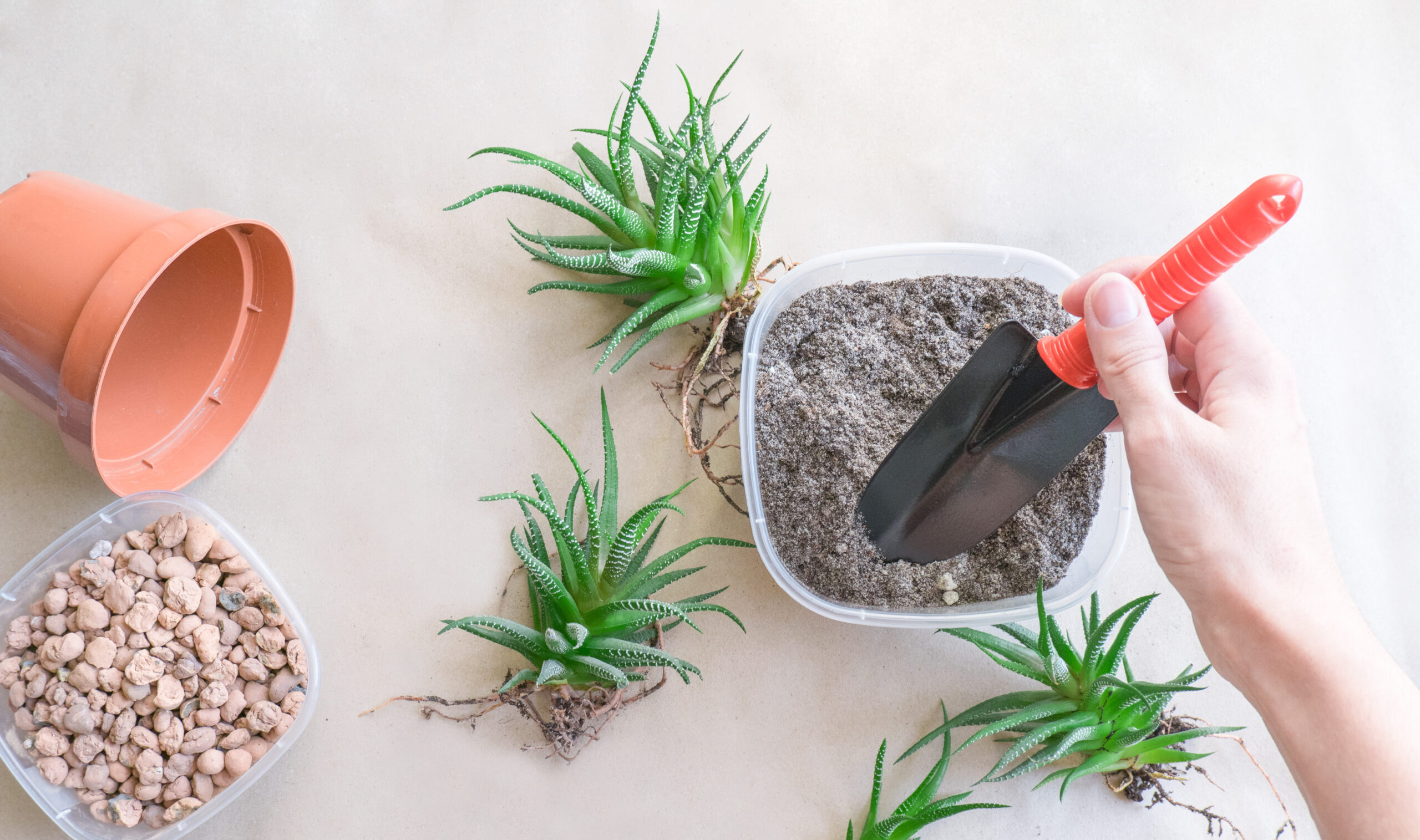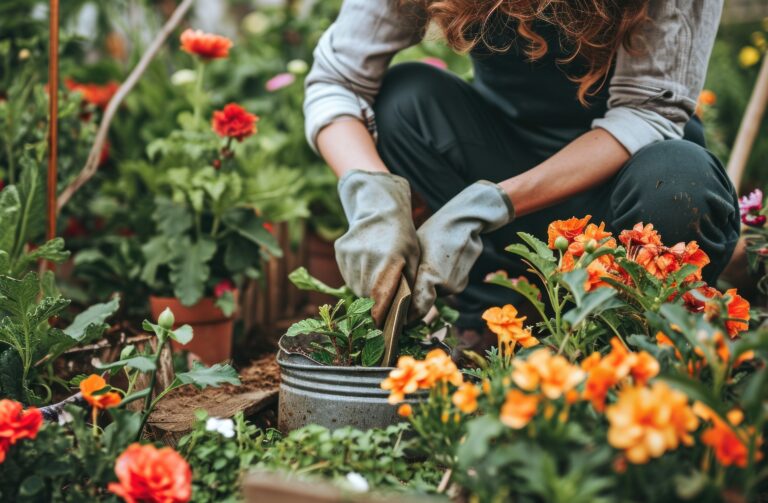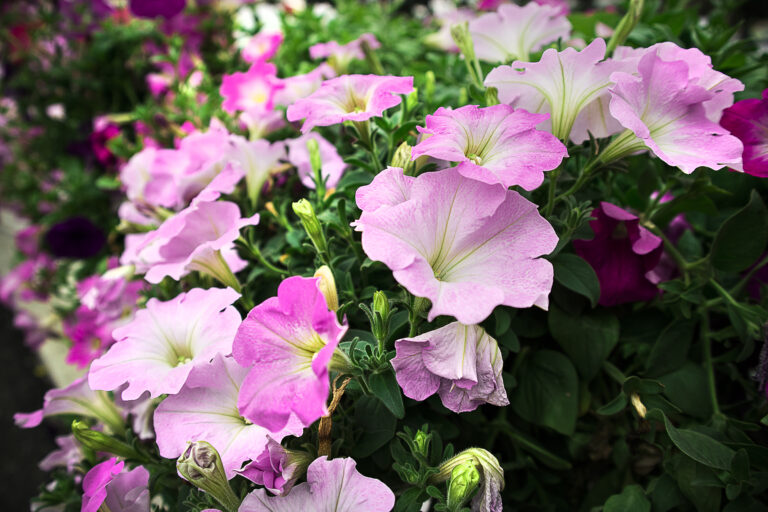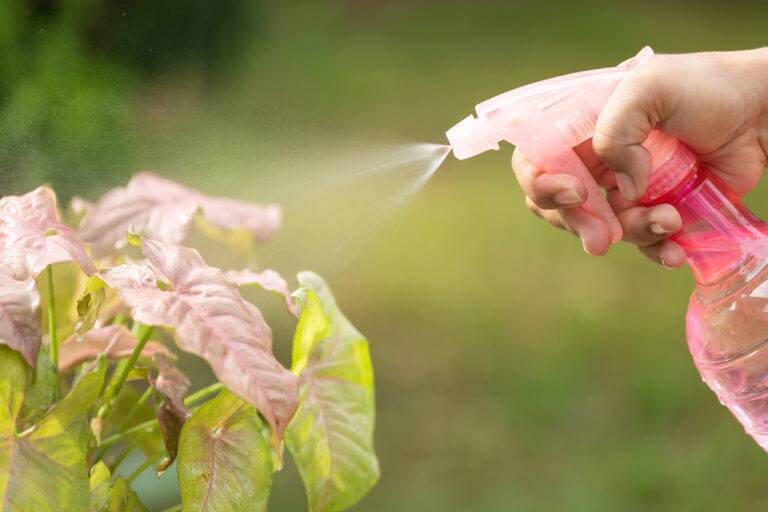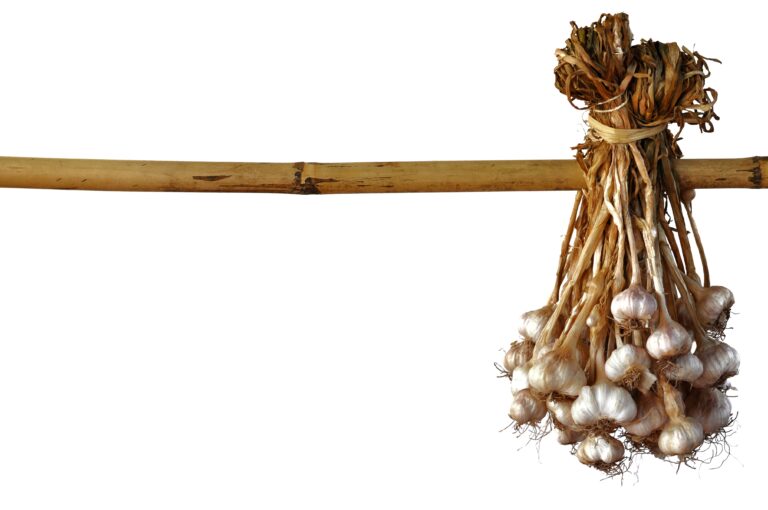12 Homemade Plant Fertilizers You Already Have in Your Kitchen
12 Homemade Plant Fertilizers You Already Have in Your Kitchen
Looking to grow greener, healthier plants without breaking the bank or using harsh chemicals? You’re in luck. Your kitchen is packed with natural ingredients that double as powerful plant fertilizers. These homemade options are not only cost-effective but also environmentally friendly and safe for your garden.
Let’s dive into 12 easy, homemade plant fertilizers you can start using today to boost your garden’s growth naturally.
—
1. Banana Peels: A Potassium Powerhouse
Banana peels are rich in potassium and phosphorus—two nutrients essential for blooming and fruiting. Bury the peels directly in the soil near plant roots or soak them in water to make a natural banana peel tea fertilizer.
Best for: Flowering plants, tomatoes, and peppers.
—
2. Used Coffee Grounds: Perfect for Acid-Loving Plants
Don’t toss your coffee grounds! They’re a great source of nitrogen and work especially well for acidic-soil-loving plants like roses, azaleas, and blueberries.
Tip: Sprinkle around the base or mix with compost for a slow nutrient release.
—
3. Eggshells: Calcium for Strong Roots
Eggshells are rich in calcium, which helps prevent blossom-end rot in tomatoes and strengthens plant cell walls. Clean, dry, and crush them—or freeze and grind into powder—for a natural calcium boost.
Use on: Tomatoes, peppers, and houseplants.
—
4. Epsom Salt: Magnesium and Sulfur Boost
Mix one teaspoon of Epsom salt in a liter of water and apply it to your plants to promote lush growth and healthy foliage. It’s especially helpful for magnesium-loving plants like tomatoes and roses.
—
5. Molasses: Feed the Soil Microbes
A teaspoon of blackstrap molasses dissolved in water nourishes soil microbes that help break down organic matter, improving nutrient absorption and overall soil health.
Ideal for: Compost teas and microbial-rich garden beds.
—
6. Aquarium Water: Full of Natural Nutrients
Don’t throw out old aquarium water! It’s rich in nitrogen, phosphorus, and beneficial microorganisms. Use it to water your garden and watch your plants thrive.
Note: Use water from freshwater tanks only—avoid saltwater!
—
7. Wood Ash: Alkaline and Rich in Potassium
Wood ash provides potassium and calcium carbonate, which can help neutralize acidic soil. Sprinkle lightly over garden beds, but don’t overdo it—too much can harm plants.
Great for: Tomatoes, root vegetables, and lawns.
—
8. Unflavored Gelatin: Boost Leaf Growth
Surprisingly, unflavored gelatin is rich in nitrogen. Dissolve a packet in hot water and dilute with cold water before applying to your plants. It’s a quick fix for encouraging lush foliage.
—
9. Milk: Flower-Boosting Calcium and Protein
Dilute milk (1:1 with water) and use it to water your plants. It not only adds calcium but can also stimulate flowering and act as a mild antifungal.
Try on: Zucchini, squash, and houseplants.
—
10. Seaweed: Nature’s Growth Hormone
Seaweed contains trace minerals and natural growth hormones. Rinse it thoroughly, chop it, and mix into your soil or compost.
Excellent for: Boosting resilience and stimulating root development.
—
11. Vegetable Cooking Water: Nutrient-Rich Broth
After boiling vegetables, let the water cool and use it as a natural plant tonic. It’s loaded with nutrients that leach out during cooking.
Avoid: Water with salt or oil—it can harm plants.
—
12. Herbal Teas: Chamomile and Nettle Fertilizers
Herbal teas made from chamomile or nettle (ortiga) provide antifungal properties and essential nutrients. Simply brew, cool, and pour into your garden beds.
Perfect for: Delicate seedlings and indoor plants.
—
Why Homemade Fertilizers Matter
Using homemade fertilizers cuts costs, reduces waste, and helps your garden thrive naturally. Whether you’re a seasoned gardener or a balcony plant parent, these easy DIY fertilizers will nourish your soil and help your plants grow strong and healthy—all without leaving your home.
—
Final Tip:
Always test in small areas before full use to see how your plants respond. And remember: moderation is key—even natural fertilizers can overwhelm your plants if overused.
—
Keywords included:
Homemade plant fertilizers
DIY garden fertilizer
Natural fertilizer for plants
Eco-friendly gardening
Organic fertilizer from kitchen waste

